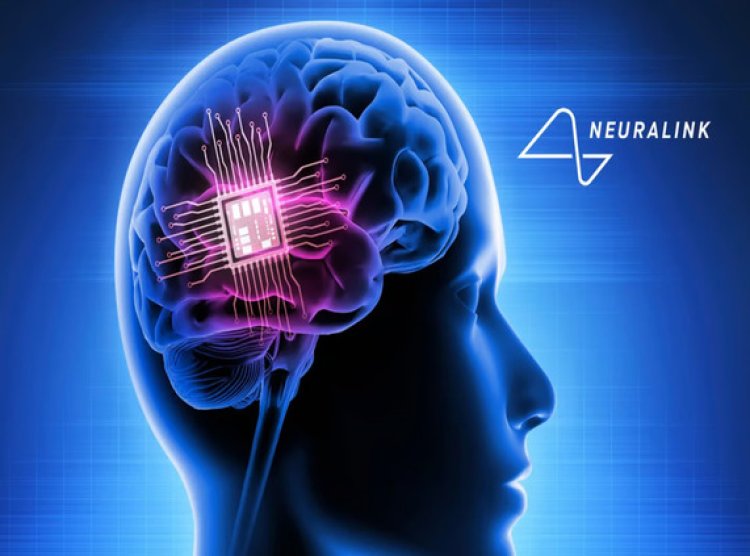Neuralink Faces Setback with First Human Implant
Neuralink's debut human implant faced mechanical issues necessitating software updates. Unique design raises concerns within the brain-implant community

Neuralink Corp., the brain technology venture led by Elon Musk, encountered a significant hurdle as its inaugural human implant experienced mechanical issues. Following a January surgery, patient Noland Arbaugh's implanted device began showing signs of malfunction, with some electrode-studded threads retracting from brain tissue, as revealed in a recent company blog post.
The malfunction impaired the device's functionality, prompting Neuralink to implement a series of software fixes to address the problem, initially reported by The Wall Street Journal.
Neuralink stated that these software adjustments notably improved device performance, surpassing Noland's initial outcomes.
Presently, Neuralink concentrates on refining text entry and cursor control for its brain-computer interface, with plans for future control of physical devices such as robotic arms and wheelchairs. However, the recent malfunction has sparked concerns within the brain-implant community.
Experts suggest the complication could stem from Neuralink's distinctive design, where electrode-studded threads connect to a device within the skull bone rather than atop brain tissue. Neurosurgeon Eric Leuthardt from Washington University School of Medicine explained that minor head movements could lead to significant displacement within the brain, contrasting with traditional brain implants that rest on the brain's surface and move fluidly with natural brain motions.
Matt Angle, CEO of brain-implant competitor Paradromics Inc., noted the unusual retraction of threads, suggesting further refinement for this design approach. Leuthardt pointed out that Neuralink's pre-clinical testing on animals with smaller brains might have influenced observed stability.
The timing of this malfunction could affect Neuralink's plans for broader human trials, potentially leading to FDA approval delays. Despite setbacks, Neuralink remains dedicated to advancing brain-computer interface technology for diverse applications.

 Sumit Rawat
Sumit Rawat 










